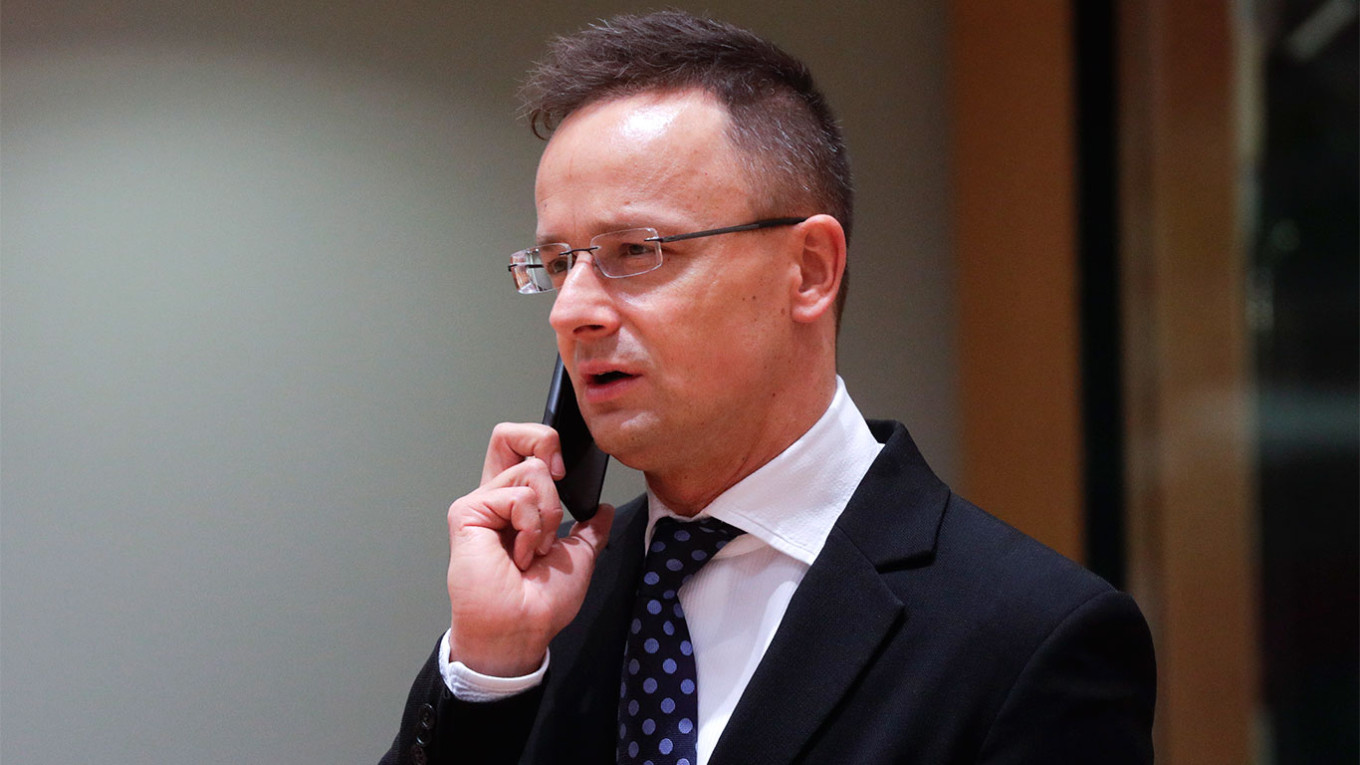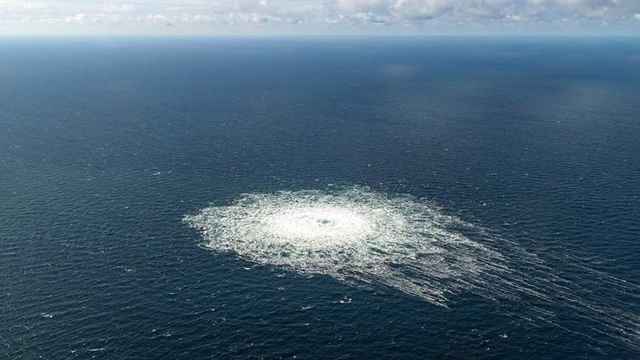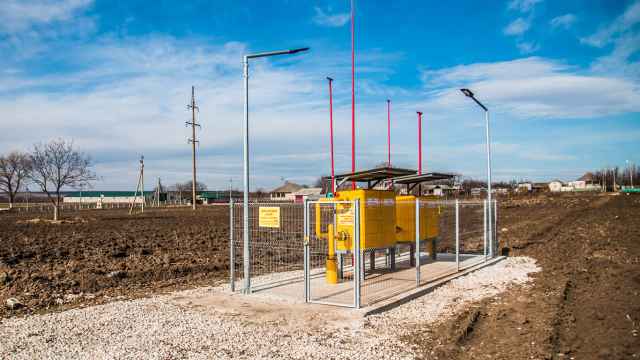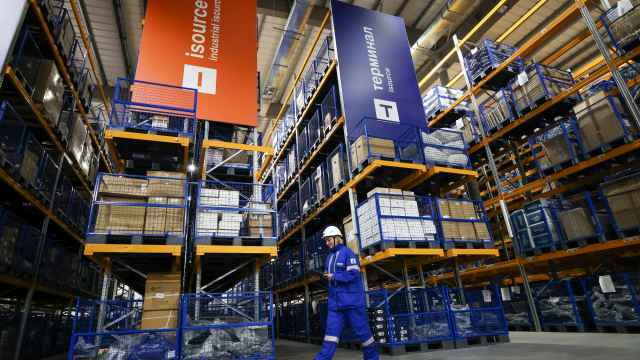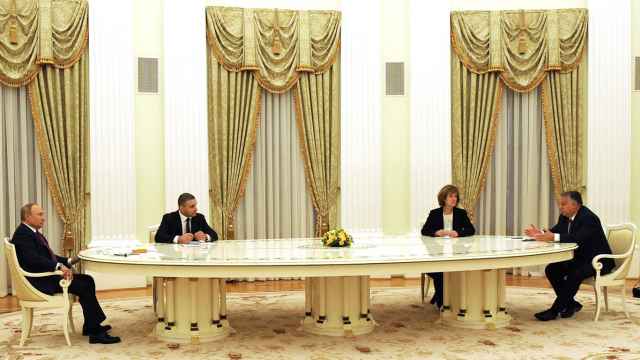Hungarian Foreign Minister Peter Szijjarto traveled to Moscow on Thursday to discuss purchasing more Russian gas on behalf of his country, the ruling Fidesz party said.
"In order to ensure the security of Hungary's energy supply, the government has decided to purchase an additional 700 million cubic meters of natural gas in addition to the quantities stipulated in the long-term contracts," Fidesz said in a statement on Facebook.
That amount represents around 6.7 percent of Hungary's 2020 natural gas consumption, according to data from Hungary's natural gas pipeline operator FGSZ.
Szijjarto would "negotiate" the issue in Moscow, the statement added.
Szijjarto is to meet deputy prime ministers Alexander Novak and Denis Manturov, as well as his counterpart Sergei Lavrov.
Szijjarto tweeted later that he had arrived in Russia on the previously unannounced visit.
Last week, Hungarian Prime Minister Viktor Orban said Europe had "shot itself in the lungs" with sanctions aimed at Russia over its war in Ukraine amid tensions over energy supplies.
In June, the 27-nation EU formally adopted a ban on most Russian oil imports after weeks of resistance from Hungary, eventually ceding to Orban's demand to exempt Russian oil delivered by pipeline.
The European Commission on Wednesday urged EU countries to reduce demand for natural gas by 15 percent over the coming months to secure winter stocks and defeat Russian "blackmail".
Last week, Hungary, which largely depends on Russian oil and gas, declared a "state of danger" over the energy crisis. It currently imports 65 percent of its oil and 80 percent of its gas from Russia.
Besides other measures to tackle the problem, people who consume more than average amounts of energy will have to pay for it at the market price rather than the heavily subsidized state rates.
Inflation in the central European country has hit double figures in recent months for the first time in 20 years, despite a range of price caps.
Orban, who was re-elected to a fourth term in April by a landslide, has frequently clashed with Brussels.
A Message from The Moscow Times:
Dear readers,
We are facing unprecedented challenges. Russia's Prosecutor General's Office has designated The Moscow Times as an "undesirable" organization, criminalizing our work and putting our staff at risk of prosecution. This follows our earlier unjust labeling as a "foreign agent."
These actions are direct attempts to silence independent journalism in Russia. The authorities claim our work "discredits the decisions of the Russian leadership." We see things differently: we strive to provide accurate, unbiased reporting on Russia.
We, the journalists of The Moscow Times, refuse to be silenced. But to continue our work, we need your help.
Your support, no matter how small, makes a world of difference. If you can, please support us monthly starting from just $2. It's quick to set up, and every contribution makes a significant impact.
By supporting The Moscow Times, you're defending open, independent journalism in the face of repression. Thank you for standing with us.
Remind me later.


